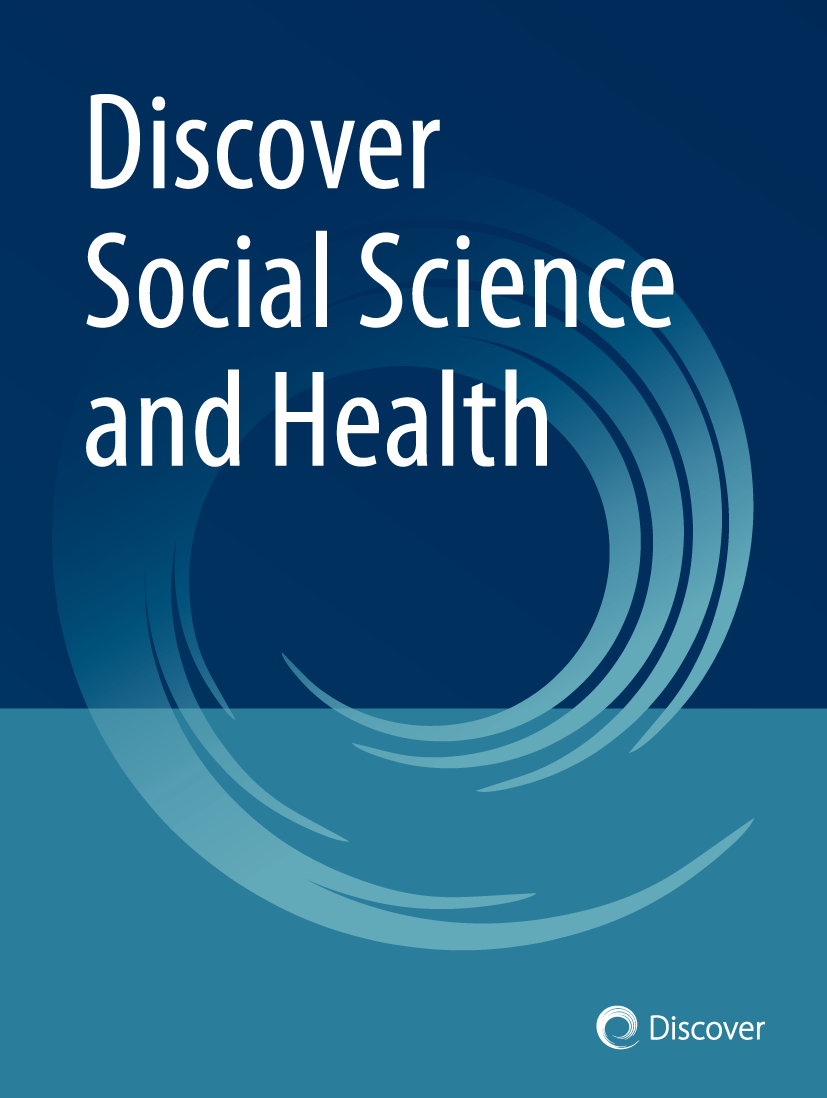Prescription in peril: the sociology of antibiotics and antimicrobial resistance in low resource settings
Published in Microbiology
The escalating threat of antimicrobial resistance (AMR) presents a significant public health challenge, particularly in low resource settings where access to appropriate healthcare and medications is limited. While biological factors such as genetic mutations and horizontal gene transfer are fundamental drivers of AMR, the sociological forces also play a substantial role in its emergence and spread. Nevertheless, the sociology of antibiotic use, and access in low-resource settings is often overlooked. This commentary addresses the intricate sociological aspects, including sociocultural, political, and economic factors that contribute to suboptimal antibiotic use and the proliferation of AMR in these settings. Drawing on numerous reports from low- and middle-income countries, it is evident that patient health beliefs, provider prescribing practices, pharmaceutical supply chains, and broader health system weaknesses intersect to drive inappropriate antibiotic consumption. Consequently, it is imperative to develop tailored interventions that address the nuanced social dynamics perpetuating the crisis of antibiotic resistance in resource-limited’ communities.
Let's unite to promote responsible antibiotic use and support sustainable healthcare solutions. Together, we can preserve the effectiveness of these vital medicines for future generations. 💊🌟
hashtag#AntibioticResistance hashtag#PublicHealth hashtag#CommunityEngagement hashtag#Healthcare hashtag#SustainableSolutions
Follow the Topic
-
Discover Social Science and Health

Discover Social Science and Health is an open access journal publishing research across the full range of disciplines at the intersection of health, social and biomedical sciences.
Related Collections
With Collections, you can get published faster and increase your visibility.
Social, Cultural and Nature-based Prescribing for Health and Well-being across Contexts: Policy, Research and Practice
Social, Cultural and Nature-based Prescribing is an innovative approach that builds connections between individuals, healthcare and existing support resources in the community to improve health, well-being and quality of life. It stems from a growing recognition that, when health professionals are confronted with social, emotional and practical needs of patients that impact their health and well-being, exclusively clinical approaches are not enough to respond effectively to those needs, and that a preventative and health promotion approach is needed. Through a model of integrated health, social and cultural care, Social, Cultural and Nature-based Prescribing facilitates the link of individuals to existing support resources in the community through individualized responses adapted to the specific needs of each one. The answers may be promotion of healthier lifestyles (e.g. physical activity, healthy cooking), contact with nature (e.g. walking, gardening), socioeconomic support, social activation, personal and professional development (e.g. volunteering, training and employment), and cultural participation (cultural, artistic and creative activities), among many others. In this way, Social, Cultural and Nature-based Prescribing strengthens the articulation between different sectors with impact on health (e.g. social, cultural, sports, educational, urbanism, environmental), helps to optimize and enhance existing resources and contributes to health systems sustainability. As health systems worldwide strive for a patient-centred care, Social, Cultural and Nature-based Prescribing emerges as a key element to bridge medical care and the broader social determinants of health, promoting a shift towards more preventative and participatory models. This collection invites contributions to deepen the evidence base on the implementation process, outcomes and impact of Social, Cultural and Nature-based Prescribing and discuss its implications for policy, research and practice, based on experiences and lessons learned from initiatives implemented worldwide.
Keywords: Social Prescribing, Nature-based Prescribing, Arts-based Prescribing, Integrated care, Person-centred care, Health Promotion, Disease Prevention, Multisectoral action, Vulnerable populations.
This Collection supports and amplifies research related to SDG 3, SDG 10, SDG 11, and SDG 17.
Publishing Model: Open Access
Deadline: Jun 30, 2026
Future(s): Innovative Approaches and Interventions in Health, Education and Practice
We seek contributions that explore how innovative methods and AI-driven strategies can enhance health outcomes through advancements in health education, health pedagogy, and patient-centered approaches. We are particularly interested in how these innovations can inform the training of healthcare professionals, support patient engagement, and improve teaching and learning in health-related contexts.
Topics of interest include, but are not limited to:
• Pedagogical Innovations in Health Education: Studies on new teaching methodologies in the training of healthcare providers or in educating patients, particularly those that integrate social science perspectives to improve learning and behavioral outcomes.
• Novel Health Interventions: Research on emerging health interventions—such as respiratory muscle training—and their implications from both social and clinical perspectives.
• Artificial Intelligence in Health Education and Practice: Analyses of AI applications in areas such as medical training, telemedicine, and patient education, including ethical considerations and impacts on health equity and disparities.
We invite researchers and practitioners to submit original research articles, reviews, and perspectives that engage with these themes. Submissions should offer both theoretical insights and empirical evidence on how innovation, health interventions, and AI are shaping health education and practice—whether in professional training, patient empowerment, or care delivery.
Keywords: Physiology, Computer Science, Pedagogy, Respiratory Muscle Training, Artificial Intelligence, Sports Therapy, Physiotherapy, Rehabilitation, Education.
Publishing Model: Open Access
Deadline: Mar 31, 2026

Please sign in or register for FREE
If you are a registered user on Research Communities by Springer Nature, please sign in